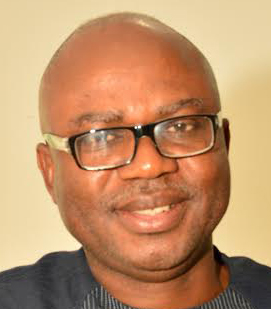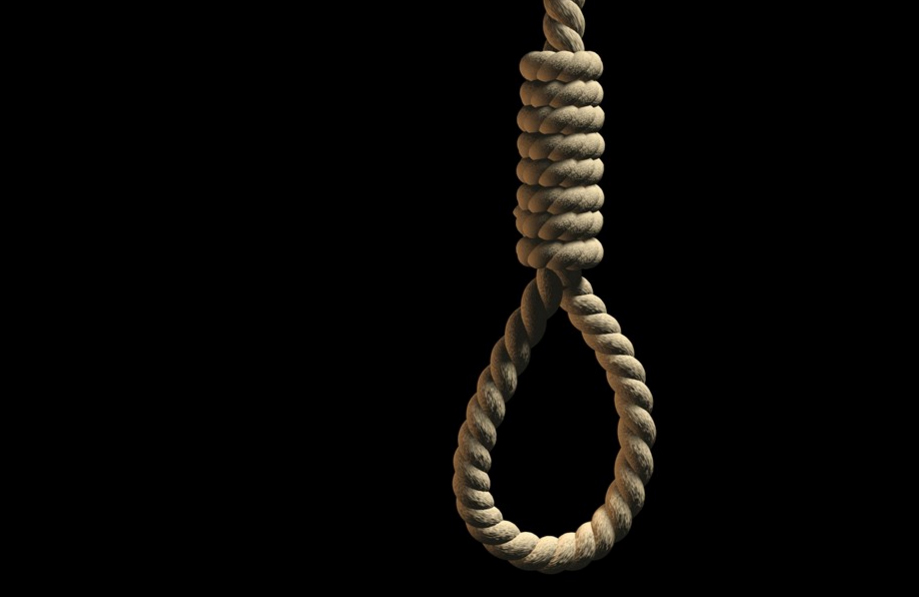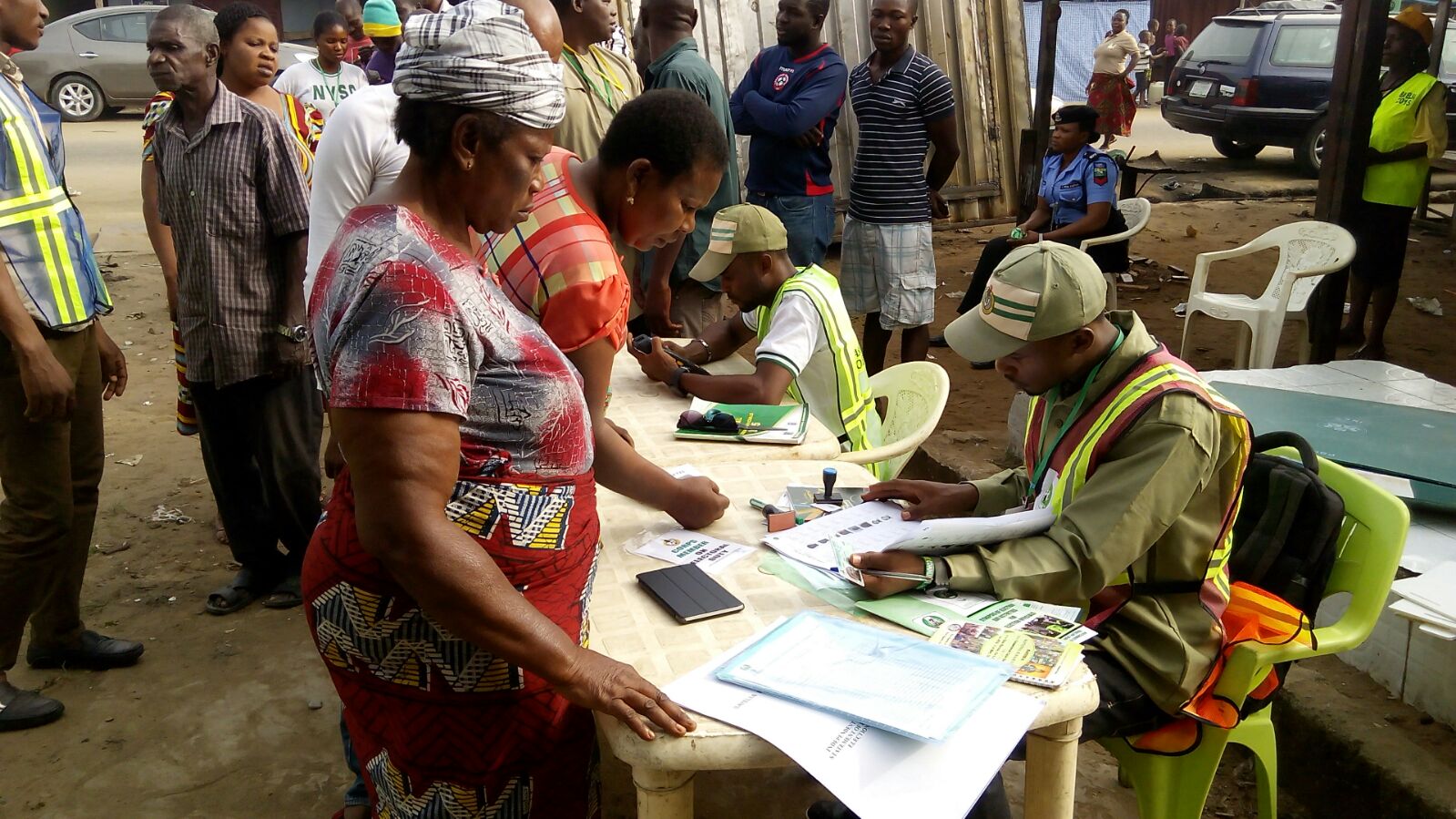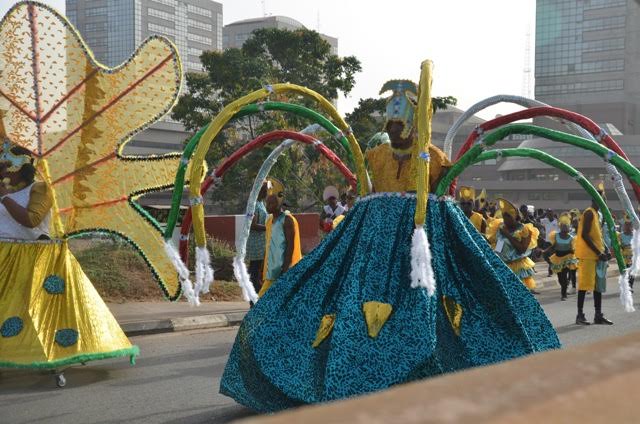Appalled by the rising rate of suicide in Nigeria these days, I’ve decided to speak to potential victims today. I’ve been reminded that I’d commented on this issue in the Sunday column of April 1, 2012. It’s a relief to republish the article today, for little has changed.
Stories of Nigerians who got fed up with their situation and then decided to take their own life are common. Only a few cases involving the poor are reported in the media, however. But two high-profile cases of suicide that happened within two weeks of each other in Abeokuta and Ilorin recently are instructive.
I have waited for the result of a post-mortem on the late Abeokuta high chief, Apagun Oluwole Olumide, but can now rely on the overwhelming evidence that he committed suicide on March 16, after returning from a visit to the EFCC. The architect allegedly plunged into, and drowned in, the artificial lake of his Rock Beach Golf Resort after sending his driver on a useless errand. He was said to have lamented his travails in the hands of the new Ogun State government and his harassment by the anti-corruption agency.
The other alleged culprit is Olubunmi Olademo, the husband of a professor of religious studies at the University of Ilorin. The deceased, the story goes, requested some cash from his wife but she refused. And he thought the next course open to him was to tie a rope to the rafter of an uncompleted building and hang himself.
Advertisement
From the available facts, I can deduce at least three things from the two suicide cases: (1) things are getting unbearably tough in the country; (2) Nigerians are great pretenders; and (3) mental diseases, rarely treated here, are taking their toll on Nigerians. I’ll explain what I mean.
Indeed, we are the most resilient people in the world. That’s why we have endured more than three decades of unprecedented economic depression aggravated by mindless plundering of public funds. I remember when it started in 1981. After a declaration of “austerity measures” by the Shehu Shagari government, prices of goods and services soared. A packet of a popular detergent that I used to buy for 13 kobo shot up to 30 kobo! [That same detergent now goes for N500, that is, 50, 000 kobo.] A tin of powdered milk jumped from 50 kobo at a departmental store to N1. [That same milk is now sold for N700 or 70, 000 kobo.] We have since then been SAPped, restructured, rightsized – and our NEEDS have not been met.
The number of vulnerable Nigerians appears to be increasing. It is no longer just the young, the old or the destitute. Young people without jobs are wasting away in the cities. Unable to eat (good) food or buy medicines for their ailments, many have been dying quietly. When a man with three wives and 17 children took his life because he did not know where his next meal would come from or he couldn’t stand seeing his family members crying because of hunger, it is understandable – though not excusable. Only cowards commit suicide. Nobody knows the future. I have learned that a person can survive without food and water for 45 days; so why not at least wait and see if help won’t come before the 30th day? And, is it not more honourable to starve to death than take one’s life?
Advertisement
Our two examples – Olumide and Olademo – could not have been facing such extreme poverty. But there are other people in their class that are threatened by imminent poverty. And they match my second deduction: we Nigerians often pretend that all is well even when we are dying in instalments. Most of the people that flaunt big cars, big houses and lavish lifestyles are not really wealthy. They may be moneyed people – those who may have cash today and, tomorrow, you may see them begging in the streets. Why? The money they flaunt doesn’t belong to them. They owe banks or could have stolen depositors’ funds in finance houses, mortgage institutions or commercial banks which they helped to wreck. Others are public or civil servants who have stolen state resources like pensioners’ benefits. They have shared public funds that would have been used to build roads, create jobs, put drugs in hospitals or get the refineries working. When many of such people feel threatened, they should be watched closely. Suicide is an option for them.
However, it takes a mental illness for one to consider taking their own life. I can’t quote statistics – reliable statistics don’t exist here anyway – but I know that 80 per cent of those who live below the poverty line in this country have become nervous wrecks. Hardship could drive one into a mental home: no food, no good health, no sleep; always thinking of what to do to survive. Frustration has made many perpetually drunk or hemp addicts. At times, they become desperate. Is it for fun that a woman would swallow 70 wraps of cocaine and travel to Europe? Due to unemployment, many Nigerians are doing dangerous jobs and yet underpaid. People that are frequently subjected to deprivation and frustration are candidates for psychiatric hospitals. Unfortunately, Nigeria has little space for psychiatrists and psychologists. Mercifully, the job of psychologists has been taken over by religious houses. It’s only when a mental case becomes irreversible that family members chain the victim and seek psychiatric doctors.
Everybody knows the trouble with Nigeria but nobody seems to be doing something. Now, it’s an emergency in every sector! I wonder what makes anyone think they will escape the tribulations that are sure to engulf our society. One year ago, we believed the suicide bomber was a foreigner. Not anymore. Suicide bombers have killed scores in the past 10 months – on the Nigerian soil. There is no assurance that the “Arab Spring”, the “Bolshevik Revolution”, the “French Revolution” and all such revolutions cannot germinate on the Nigerian soil. It’s a matter of time – and the time is very near. When a man decides to give up his life for a cause, he means business.
For the wise, as I have said, suicide (including suicide bombing) should never be an option. We should never completely lose hope in life. Many great men in history (including Nigeria’s first president Azikiwe) at certain points in their lives attempted suicide. But later events proved them wrong. And they lived to tell their story.
Advertisement
The leaders of Nigeria, who control the resources of the nation, should give their compatriots hope, or else they will continue to live in fear with suicidal neighbours. We know how our lawmakers responded to a bomb scare in the National Assembly last year, yet they have made a law to increase their allowances beyond what the mind can imagine. A few civil servants can now conspire to share N34billion. Some ex-governors are now richer than their states. People set up banks with an intention to steal depositors’ funds. And even when the thieves and robbers are caught, they are not punished.
All these are acts of injustice that fuel suicidal tendencies. The oppressors should choose between letting others live and facing the wrath of the oppressed.
+234-8054100220 (SMS/WhatsApp only)
Advertisement
Views expressed by contributors are strictly personal and not of TheCable.
Add a comment







